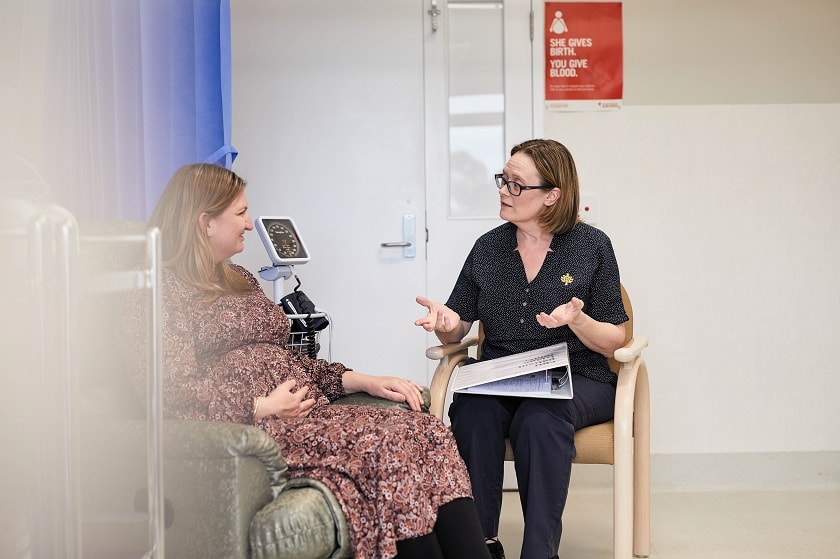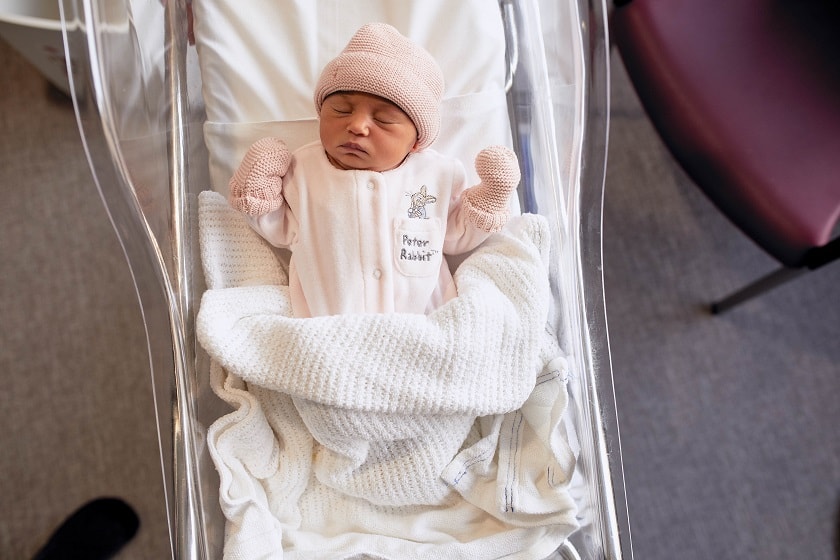During early pregnancy the pregnant mother undergo significant hormonal, physiological and emotional changes, it is important to understand that all of these changes are a natural and normal part of the pregnancy.
1. Morning sickness
Oh gosh this one is dreaded by all but is, unfortunately, one of the most common side effects of pregnancy mentioned.
Our mums told us this affected them no matter if it was their first baby or during subsequent pregnancies.
It can strike at any time too – so don’t be fooled by the term ‘morning sickness’.
Thankfully, it does seem to ease off and go away for most women after the first trimester.
Suggested tips to cope with morning sickness include:
- eating regular small meals and avoiding empty stomach.
- liminating coffee and spicy and high fat food may help some women.
- try ginger as it may improve nausea. drinks are better tolerated if cold, clear and carbonated.
- Also make sure you avoid triggers and always get enough rest.
- High quality evidence about optimal diet to reduce morning sickness is lacking and women should determine what food they tolerate best. One study found that consumption of protein-predominant meals and snacks may be more helpful with nausea.
- Vitamin B6 supplements can also reduce symptoms and has good safety profile with minimal side effects so you can talk to your GP, pharmacist or specialist.
- Acupressure at the P6 pressure acupressure point using wrist band can be recommended and may improve morning sickness symptoms.
Always seek medical advice if you have severe symptoms, or you lost some weight as there are effective treatment options with medication that are safe and does not harm your baby
2. Fatigue
Feeling tired can be something of a shock to women during the first trimester of pregnancy.
This is most likely caused by the massive increase in hormone progesterone which is needed to maintain the pregnancy and help baby to grow.
The sense of tiredness be quite overwhelming, and many women find themselves needing to take naps on weekends or go to bed early.
Again, this one often passes after the first trimester but, be aware, it can hit again as you approach your due date.
Tips to help you cope:
- Always make sure you allow yourself to get extra rest and eat well balanced diet.
- Moderate physical activity such as walking 30 minutes a day is beneficial even though you feel tired.
- Tiredness during pregnancy can also be caused by anaemia, which is most commonly caused by iron deficiency. Eating iron-rich foods is important in the prevention of iron deficiency anaemia during pregnancy. Medical treatment of anaemia in pregnancy involves taking iron supplements.
3. Food cravings and aversions
This one is twofold – some women find themselves drawn to food they never enjoyed previously.
Some women told us that vegemite became their best friend during the first trimester.
For others, it was more about odd combinations of food.
The other side of this change is food aversions. Some women reported completely avoiding yoghurt during pregnancy as it no longer was enjoyable.
Every woman had a different experience around this, some food cravings and aversions passed after the first trimester and some lingered until after birth.








